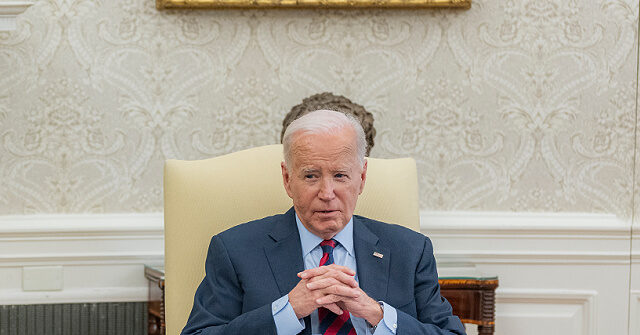South Africa’s largest trade federation Cosatu has called for the introduction of new wealth taxes in South Africa.
Commenting on finance minister Enoch Godogwana’s maiden Medium Term Budget Policy Statement (MTBPS) on Thursday, Cosatu said that a wealth tax should be implemented in several ways and focus on people who earn over R1.5 million annually.
The proposals include:
- Additional income taxes;
- An inheritance tax;
- More estate taxes.
The group has also called for duties on luxury imports to be raised. While Cosatu did not specify how this wealth tax should be ring-fenced or spent, it said that it expects a firm commitment from the National Treasury on the introduction of a Basic Income Grant in the next budget.
“The R350 Special Relief Dispensation Grant has provided welcome relief to more than 9 million unemployed persons. We need a firm commitment that it will be extended and enhanced in the 2022 Budget. This is a foundation for a Basic Income Grant. SASSA and the Post Office need to move its recipients to electronic payments to deal with the endless queues at the Post Office,” it said.
South African Federation of Trade Unions (Saftu) general secretary Zwelinzima Vavi also called for the introduction of more wealth taxes, including a ‘net wealth tax’.
“We must tax the rich. Implementing a net wealth tax is critical. Doing so can raise up to R143 billion each year. Putting an end to profit shifting and wage evasion would raise an additional R100 billion in revenue. Another R100 billion could come from raising corporate taxes to levels that were common three decades ago. There are many more options available.”
How a wealth tax could work in South Africa
Research published by economists in April 2021 shows that the unequal distribution of wealth in South Africa would make a wealth tax an efficient policy to aid fiscal sustainability.
The economists estimated that the potential revenue collected from a progressive wealth tax on the richest 1% could amount to R160 billion.
The authors found that the top 10% own 86% of total wealth in South Africa, and the top 1% own 55%. The top 0.01% (3,560 individuals) own about 15% of household wealth, greater than the share of wealth owned by the bottom 90% of the population as a whole (32 million individuals).
In 2016, the Davis Tax Committee made proposals to change the way estate duty is paid in the country, which would target the country’s wealthiest.
In South Africa, laws such as the Administration of Estates Act, the Wills Act, and the Intestate Succession Act govern inheritance tax. Beneficiaries of inheritance don’t pay inheritance tax on their inherited assets in South Africa; estate duty is payable by the deceased estate, which the Estate Duty Act regulates.
Currently, estate duty is payable at 20% on the first R30 million and 25% on amounts above R30 million.
However, to date, the South African National Treasury has implemented only some of the Davis Committee recommendations, one of which was to increase the estate duty to 25% on estates valued above R30 million.
Read: Medium-term budget: What it means for your money





















Discussion about this post